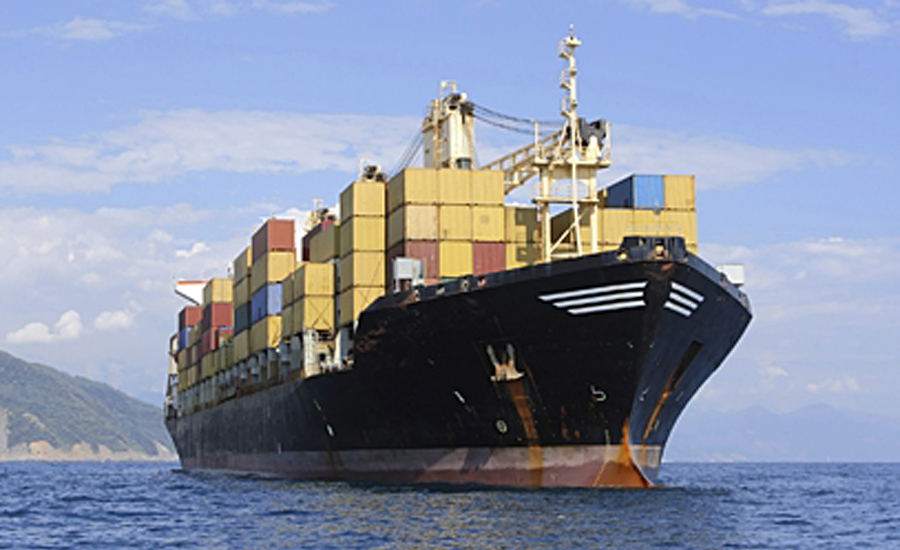Navis, a part of Cargotec Corp., Oakland, Calif., unveiled the results of its TechValidate customer survey on the state of artificial intelligence (AI) as it relates to automated decision making.
According to the survey, 88% of respondents indicated that automated decision making will be very if not extremely important for the future of innovation at terminals. Further, 83% plan to increase their AI investments over the next 1-3 years, signaling growing confidence in the use of innovative technologies to improve terminal efficiencies and gain competitive advantages.
Nearly 60 Navis customers participated in the survey, representing a cross-section of container terminals around the world using various degrees of automation and AI. The survey asked customers what they perceive as the most important benefits of automated decision-making. Improved consistency of operations and equipment utilization (86% each) topped the list, followed by enabling teams to work smarter and faster (60%), improved safety (47%), better management of billable events (33%) and improved environmental compliance (12%). Lastly, more than one-third (39%) of respondents noted that automated decision-making could increase terminal productivity by as much as 5-6 moves per hour. And, nearly 2% believed productivity gains could be twice that rate—more than 10 moves per hour.
The survey findings indicate that regardless of AI maturity, container terminals are increasingly aware of the possibilities of automated decision-making. According to respondents, container handling equipment (CHE) assignments (81%), decking (81%), action recommendations (69%), gate volume predictions (59%) and vessel stowage (52%) are among the many decisions customers believe could be automated with the help of AI.
“Just a few short years ago, only a handful of our customers were even open to the idea of automation or other disruptive technologies designed to make the container terminal smarter, safer and more sustainable,” says Andy Barrons, chief strategy officer. “The survey demonstrates just how far the industry has come – and will continue to go – in harnessing technology in the right ways to automate decision-making within terminals. We firmly believe that automation and the use of AI is our future, and will continue to support our current and future customers as they embark down this critical path.”
When asked to indicate their current phases of AI implementation, no one reported deploying a high level of AI within their operations. More than half (56%) reported being in the learning or piloting phases, while 11% noted having deployed some AI into terminal operations.
When asked to identify the biggest challenges to achieving the benefits of AI, respondents noted a lack of AI technology skills (68%), data quality (57%), relevant industry use cases with business outcomes (34%) and data availability (30%) among the top reasons.



